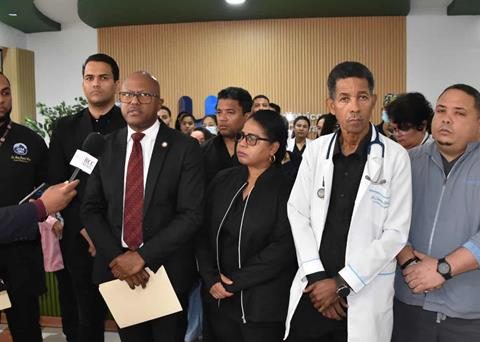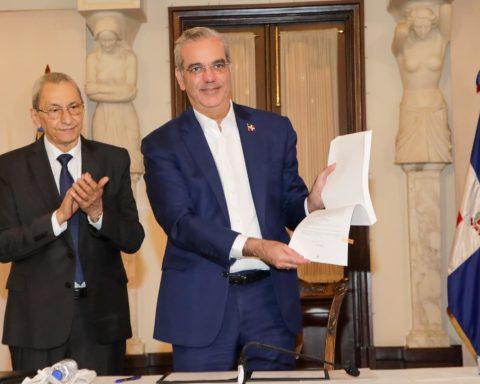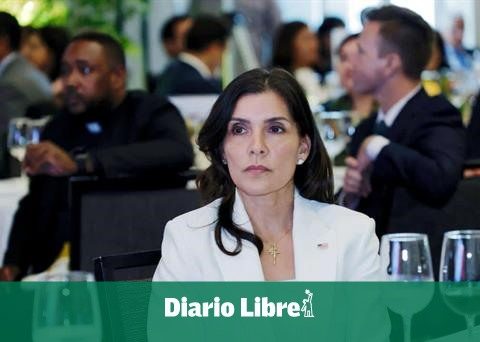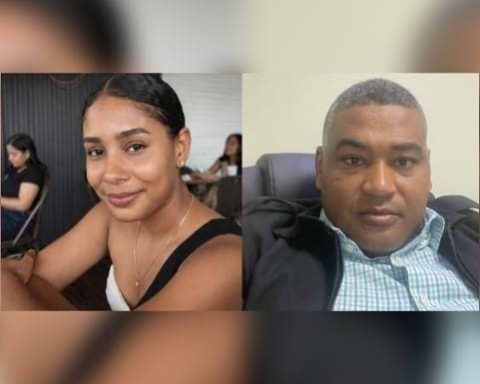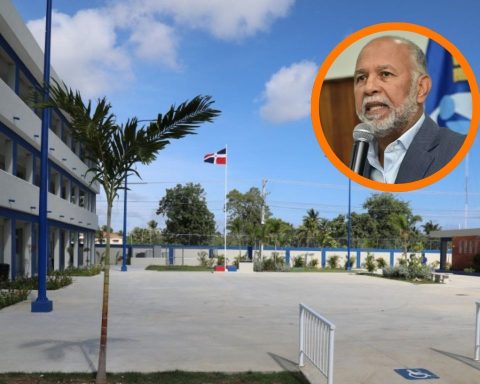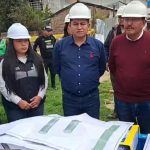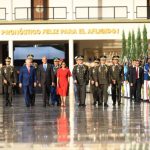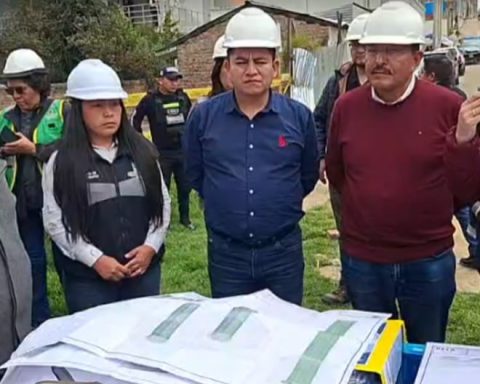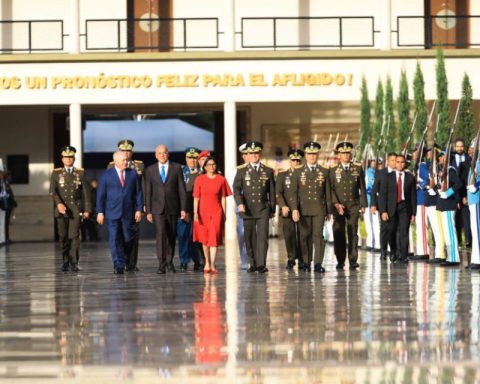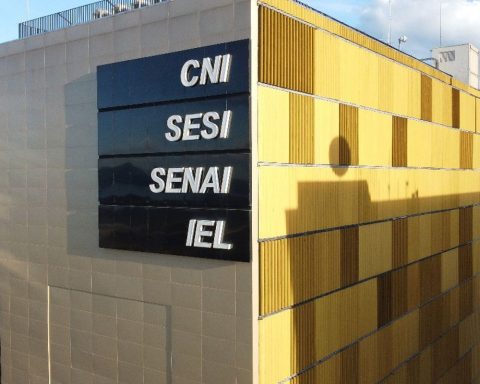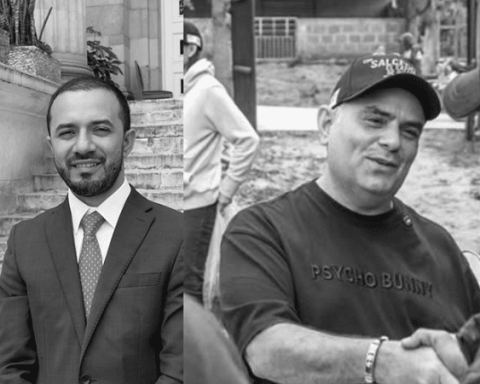Businessman Cesar Felix Ramos Ovalle He went from being one of the defendants in the case Coral Y Coral 5G to become a decisive collaborator for the Public Ministry to prove its accusation against the corrupt network, allegedly orchestrated by the major general Adam Caceres Silvestre and the general Juan Carlos Torres Robiou.
The Public Ministry establishes that this businessman, who owns the La Marina (or Marinita) Fuel Station, was associated with Colonel Rafael Núñez de Aza, financial brain of the network, and in this way managed to win four fraudulent tenders for the supply of fuel that was never delivered.
The Public Ministry says that this was part of a façade to launder money from the funds stolen from the Specialized Body for Tourist Security (Cestur).
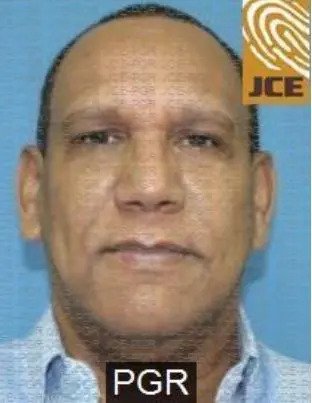
return funds
César Félix Ramos Ovalle established that in total he received 18 million 400 thousand pesos, from the fraudulent bids and on February 2 of this year he proceeded to return 100% of that money through check number 001228, from Banco Popular, stamping that forms an agreement with the Public Ministry to be left out of the accusation, as in fact happened.
According to the accusation of the Special Prosecutor’s Office for the Corruption Administrative (Pepca), Mr. César Félix Ramos Ovalle, also admitted the facts and his participation in them.
They establish that he confessed to the Pepca that “through the company Estación de Servicios La Marina, SRL was awarded a percentage of four Cestur tenders, in the period June 2019 to April 2021 for a fuel supply contract.”
In addition, he would have revealed to the investigators the way in which his link with Cestur and the accused Rafael Núñez de Aza arose. He said it was through the institution’s purchasing analyst. She, this woman, allegedly contacted him, informing him that in order to win a tender at Cestur, she would have to talk to them.
This woman set aside an appointment for him with Rafael Núñez de Aza, where this accused would have established that he should participate in the bidding process under “normal” conditions. They gave him the guarantee that he would be selected and they would begin to partially pay the invoices sent by the La Marinita fuel company.
The plot then consisted in that Cestur would pay La Marinita the money to supply fuel. The company received the payment, but did not deliver the fuel. Supposedly the money was returned in gift boxes and covers to Núñez de Aza through emissaries.
The presumed emissaries were identified as Miguel Cancún Ramírez, David Abreu Padilla and Jacobo Horacio. In addition, the businessman justified that he was compelled to accept Rafael Núñez de Aza’s proposal, because if he did not, he would not have the possibility of benefiting from the award.
From Danilo’s trust
In his indictment the Pepca reiterates and defends the thesis that the alleged corrupt network began to be structured on August 16, 2012 with the arrival of Danilo Medina to the Presidency of the Republic. He says that this was the situation used by people closely trusted by the former president to increase his influence in state institutions.
They point out that Adán Benoni Cáceres Silvestre took advantage of the circumstance and from the Specialized Presidential Security Corps, allegedly organized a corporate network and set up a criminal structure to divert State funds.
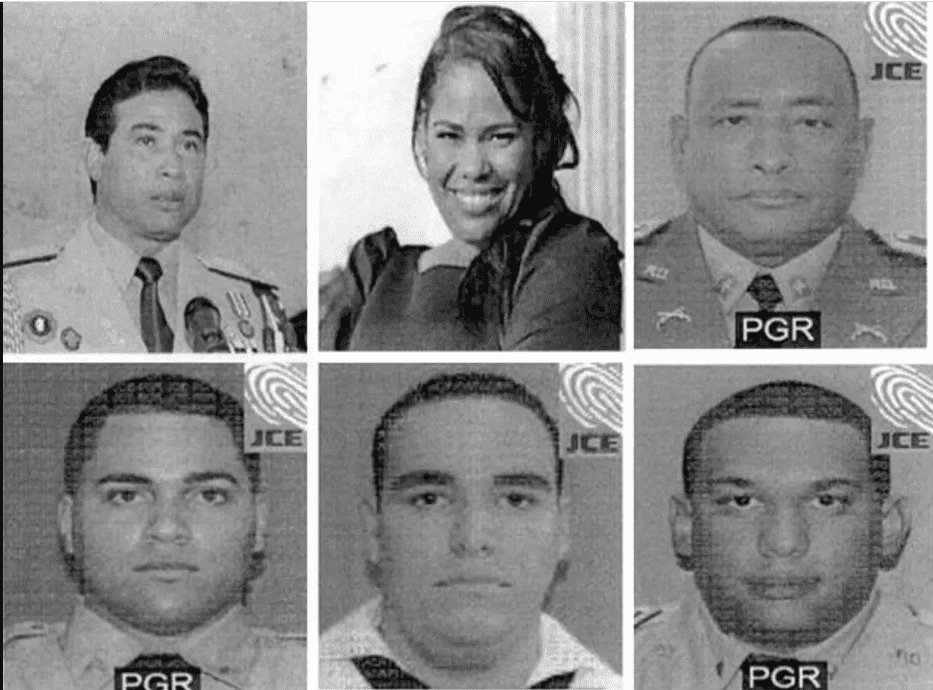
On the other hand, they point to Juan Carlos Torres Robiou, who would also have taken advantage of his closeness to the president and his friendship with Adán Cáceres to replicate the corrupt model in the Specialized Tourist Security Corps. But also, the Pepca says that Robiou’s maneuvers reached the National Council for Children and Adolescents (CONANI).
The anomalies in CONANI would have occurred during the management of the wife of Juan Carlos Torres Robiou.
The Cusep audit
The special investigation requested by the Pepca to the Chamber of Accounts in the period August 2012 to August 2020, in the management of Adán Cáceres in Cusep, is used as part of the accusation.
Investigators from the Chamber of Accounts interviewed people who appeared on Cusep’s payroll and who stated that they were not employees, and that they had never served Cusep. They also confirmed that monthly payments were made to these people and that they should be transferred to the military. There were people who were on Cusep’s payroll, and also on Cestur’s.
And the Cestur?
In Cestur, a special investigation was also carried out by the Chamber of Accounts, which is used by the Pepca to corroborate the inquiries carried out by the investigators of the Public Ministry.
They establish that from January 1, 2010 to May 31, 2021 (Management of Torres Robiou) and with Rafael Núñez de Aza as financier of the institution, dozens of irregularities were carried out in the management of funds.
They indicate that from January 2014 to May 2021, from a sample of 331 people, they identified 226 who do not have records in the physical or digital files in Cestur Human Resources. However, during the time in question they were paid 175 million 507 thousand 353 pesos that went into the pockets of the members of the network.
corporate framework
The Attorney General’s Office says that the members of the network and their companies engaged in money laundering and exorbitantly increased their assets with money stolen from the Dominican State.
The structure was characterized by the creation of companies in the name of people related to the financier of these institutions to allegedly “supply fuel and expendable materials”, which were never delivered, making fictitious accounts to pass audit controls and thus be able to divert millionaire funds. of the State.
The Public Ministry verified that many of the companies that received large sums of money did not have a real address, since they visited the places where they should be and found that it was a farce by the members of the network.
Judge Yanibet Rivas was recently empowered to hear the preliminary trial of the Operation Coral and Coral 5G corruption case. She is a judge with a lot of experience handling high profile cases. She currently works as head of the Sixth Investigating Court of the National District and has instructed cases of public relevance, both as an investigation control judge, as well as a judge of the intermediate phase and preliminary hearing. She was in cases such as Operation Anti-octopus, she was a control judge of the investigation; she was in the Tucano case; Inversia case (Financial Crimes); Maconi case (related to drug trafficking); case of corruption in the OMSA; Argenis Contreras case, among many others. Her resume states that she is a lawyer graduated from the Autonomous University of Santo Domingo (UASD). Her judicial career began in 2014. She teaches at several national universities.


